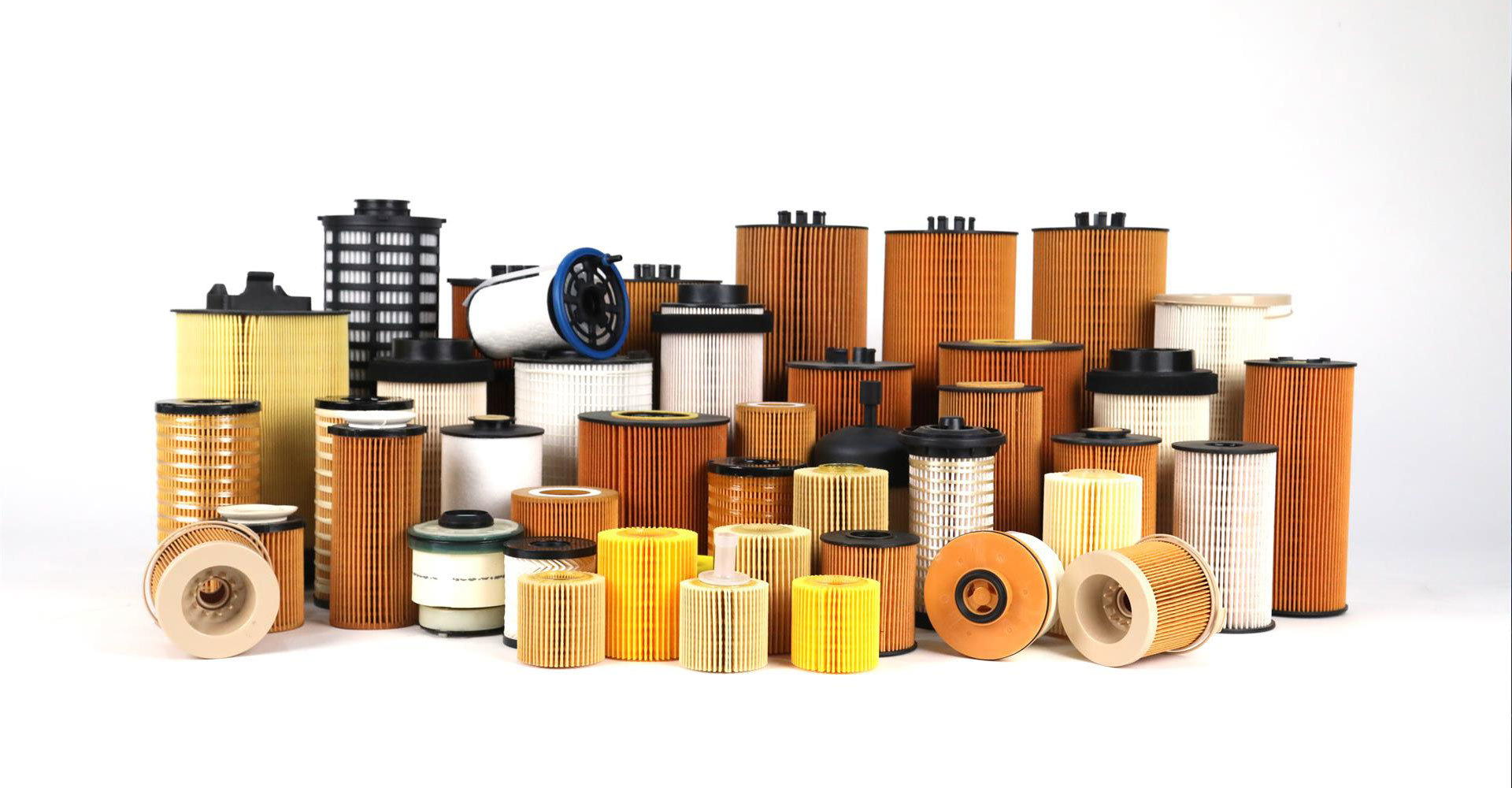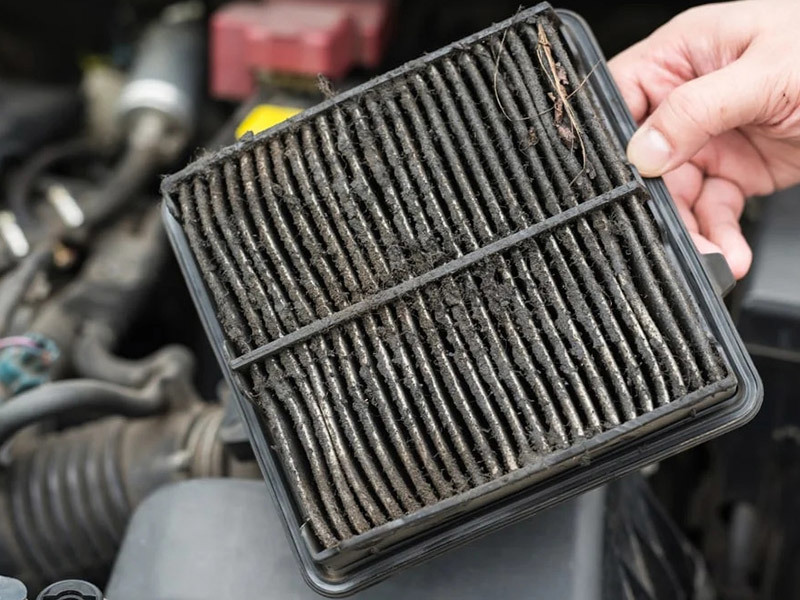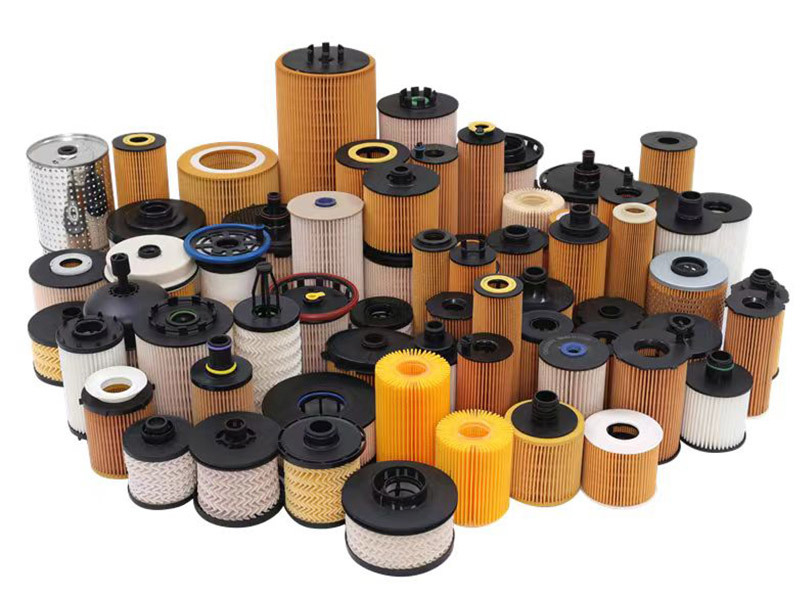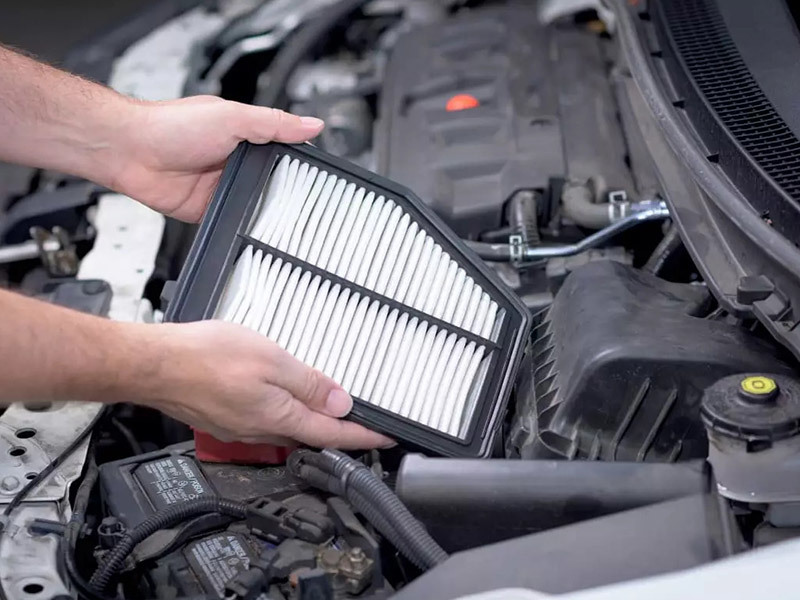Focus On Hot Spots
Contact Info
E-mail: tengsen@injenfilter.com
Business Phone: +86-18131928561
WhatsApp: +86-18131928561
Address: Ge Xianzhuang Zhen Wu Jia Na Cun Xi, Qinghe County, Xingtai City, Hebei Province
Maximizing Fuel Efficiency with an Environmentally Friendly Filter in Your Vehicle
Release Time:
Aug 18,2025
Maximizing Fuel Efficiency with an Environmentally Friendly Filter in Your Vehicle Table of Contents Introduction to Fuel Efficiency Environmental Benefits of Eco-Friendly Filters How Filters Affect Fuel Efficiency Types of Environmentally Friendly Filters Choosing the Right Filter for Your Vehicle Installation and Maintenance of Eco-Friendly Filters Real-World Impact on Fuel Econom
Maximizing Fuel Efficiency with an Environmentally Friendly Filter in Your Vehicle
Table of Contents
- Introduction to Fuel Efficiency
- Environmental Benefits of Eco-Friendly Filters
- How Filters Affect Fuel Efficiency
- Types of Environmentally Friendly Filters
- Choosing the Right Filter for Your Vehicle
- Installation and Maintenance of Eco-Friendly Filters
- Real-World Impact on Fuel Economy
- Conclusion
- FAQs
Introduction to Fuel Efficiency
Fuel efficiency is not just a buzzword; it’s an essential aspect of modern driving that directly impacts both our wallets and the environment. As fuel prices continue to rise, drivers are looking for ways to maximize their vehicle's efficiency. **One of the most effective strategies to achieve this is through the use of environmentally friendly filters.** This article delves into how these filters function, their benefits, and how they can enhance your vehicle's performance.
Environmental Benefits of Eco-Friendly Filters
**Adopting environmentally friendly filters** helps to reduce harmful emissions and improve air quality. Traditional filters can often release pollutants into the environment, whereas eco-friendly options are designed to achieve superior filtration while minimizing environmental impact.
**Key environmental benefits include:**
1. **Reduced Emissions**: These filters help lower the number of harmful gases emitted from vehicles.
2. **Sustainable Materials**: Many eco-friendly filters are made from biodegradable or recyclable materials.
3. **Improved Air Quality**: By filtering out harmful particles, these filters contribute to cleaner air in urban areas.
By integrating these filters into your vehicle, you not only enhance its performance but also play a significant role in reducing your carbon footprint.
How Filters Affect Fuel Efficiency
Filters are crucial in managing the flow of air and fuel within your engine. A **well-functioning filter** ensures that the engine receives an optimal mix of air and fuel, which is essential for efficient combustion. Conversely, a dirty or clogged filter can lead to various performance issues, including reduced fuel efficiency.
**Factors to consider include:**
- **Air Filters**: They regulate airflow into the engine. An efficient air filter enables better combustion, resulting in improved mileage.
- **Fuel Filters**: These filters prevent impurities in the fuel from entering the engine. Clean fuel is vital for sustained engine performance.
- **Cabin Air Filters**: While they primarily focus on indoor air quality, a clean cabin filter can enhance cabin comfort, which contributes indirectly to a more positive driving experience.
By understanding how filters influence fuel efficiency, drivers can make better choices that lead to effective fuel consumption.
Types of Environmentally Friendly Filters
There are several types of **environmentally friendly automotive filters** available on the market, each designed for specific functions:
Air Filters
Air filters can be made from materials such as synthetic fibers or natural fibers. These materials ensure that the filter captures more particles while allowing for better airflow.
Fuel Filters
Eco-friendly fuel filters often feature advanced filtration technology such as pleated designs that enhance the surface area for capturing impurities.
Cabin Air Filters
**These filters utilize activated charcoal or HEPA technology** to trap dust, pollen, and other pollutants, ensuring a cleaner environment inside the vehicle.
Choosing the right type of filter can drastically improve your vehicle’s performance and efficiency.
Choosing the Right Filter for Your Vehicle
Selecting the appropriate environmentally friendly filter involves several considerations:
Compatibility
Always ensure that the filter fits your vehicle's make and model. Consult your owner’s manual or a trusted mechanic for guidance.
Material Quality
Opt for filters made from high-quality, sustainable materials. Research brands known for their commitment to environmental responsibility.
Brand Reputation
Choose filters from reputable manufacturers with positive reviews. Brands that prioritize quality and environmental sustainability typically yield better performance.
By carefully selecting the right filter, you can enhance your vehicle's fuel efficiency and contribute to a greener planet.
Installation and Maintenance of Eco-Friendly Filters
**Proper installation and maintenance** are crucial for maximizing the benefits of environmentally friendly filters.
Installation Process
Most air and cabin filters can be replaced by following straightforward steps, often found in the user manual. If unsure, consider seeking professional help to avoid installation errors.
Regular Maintenance
Frequent checks and timely replacements of filters are essential. Dirty filters can hinder performance and negate the positive effects of eco-friendly options.
Set a schedule to inspect filters regularly and replace them as necessary, usually every 12,000 to 15,000 miles, or as recommended by the manufacturer.
Real-World Impact on Fuel Economy
Drivers who switch to environmentally friendly filters often report tangible improvements in fuel economy. On average, upgrading to an eco-friendly air filter can lead to a fuel efficiency increase of up to **10%**.
Several factors contribute to these figures:
- **Enhanced Engine Performance**: An efficient filter allows more air into the engine, promoting better combustion.
- **Longer Lifespan of Engine Components**: Cleaner operation reduces wear and tear on engine parts, leading to fewer repairs and replacements.
Collectively, these factors not only improve your vehicle's performance but also provide long-term savings on fuel expenses.
Conclusion
Maximizing fuel efficiency begins with making informed choices about your vehicle's components. **Environmentally friendly filters** offer a sustainable way to enhance your car's performance while contributing positively to the environment. By understanding their benefits, types, and maintenance, you can ensure your vehicle operates at its best while supporting a greener future.
FAQs
1. How often should I replace my air filter?
Typically, air filters should be replaced every 12,000 to 15,000 miles, or as specified in your owner's manual.
2. Do eco-friendly filters cost more than traditional filters?
While they may have a higher upfront cost, eco-friendly filters often pay off in the long run through improved fuel efficiency and longer lifespan.
3. Can using an eco-friendly filter really improve fuel economy?
Yes, studies indicate that switching to an eco-friendly filter can improve fuel efficiency by up to 10%.
4. Are all eco-friendly filters created equal?
No, the quality of eco-friendly filters can vary by brand. It's essential to choose reputable manufacturers known for their commitment to sustainability.
5. Where can I buy environmentally friendly filters?
You can find them at auto parts stores, online retailers, and directly from manufacturers specializing in eco-friendly automotive products.
By utilizing the information laid out in this article, you can make informed decisions that benefit your vehicle's performance and the environment.
Key words:







